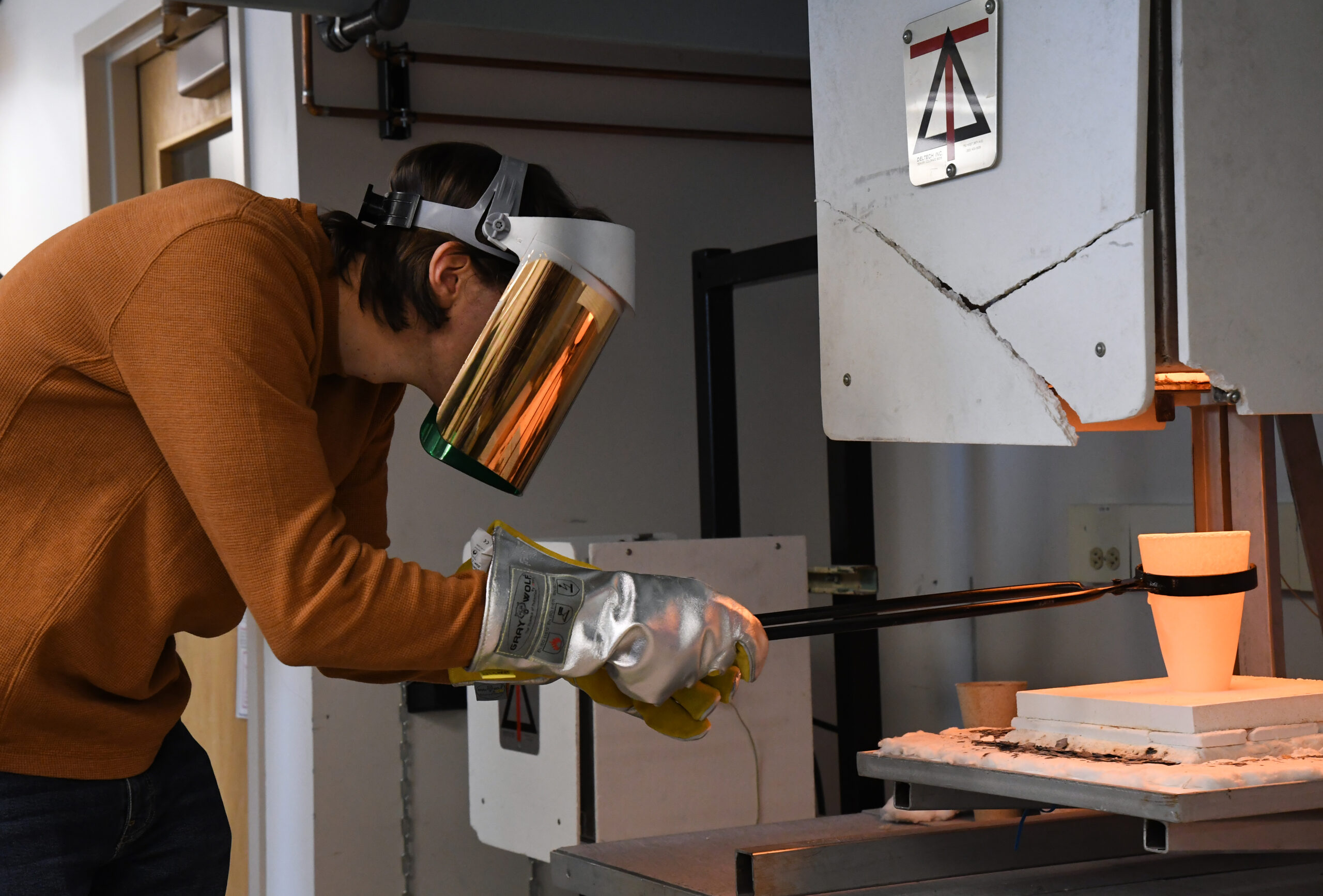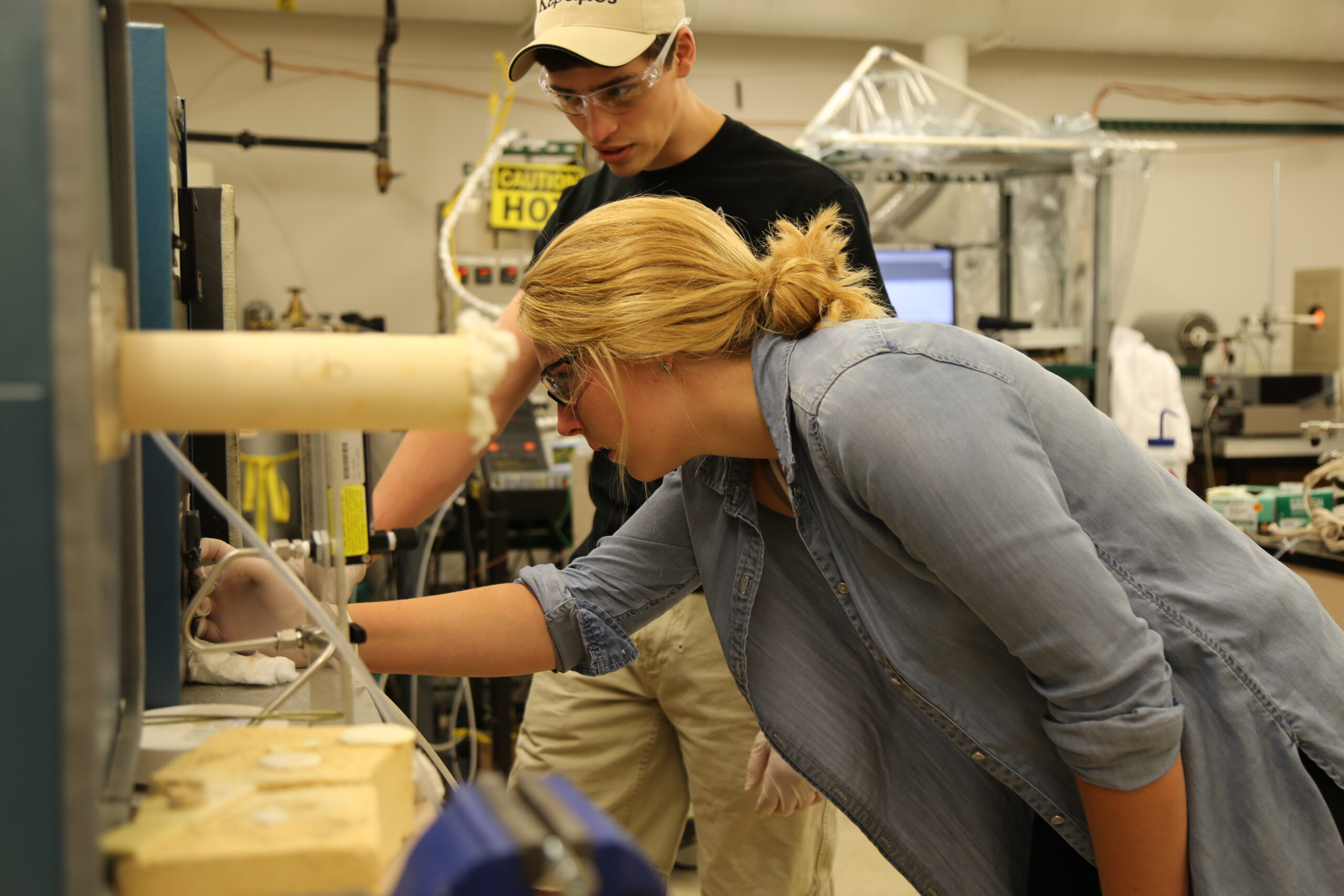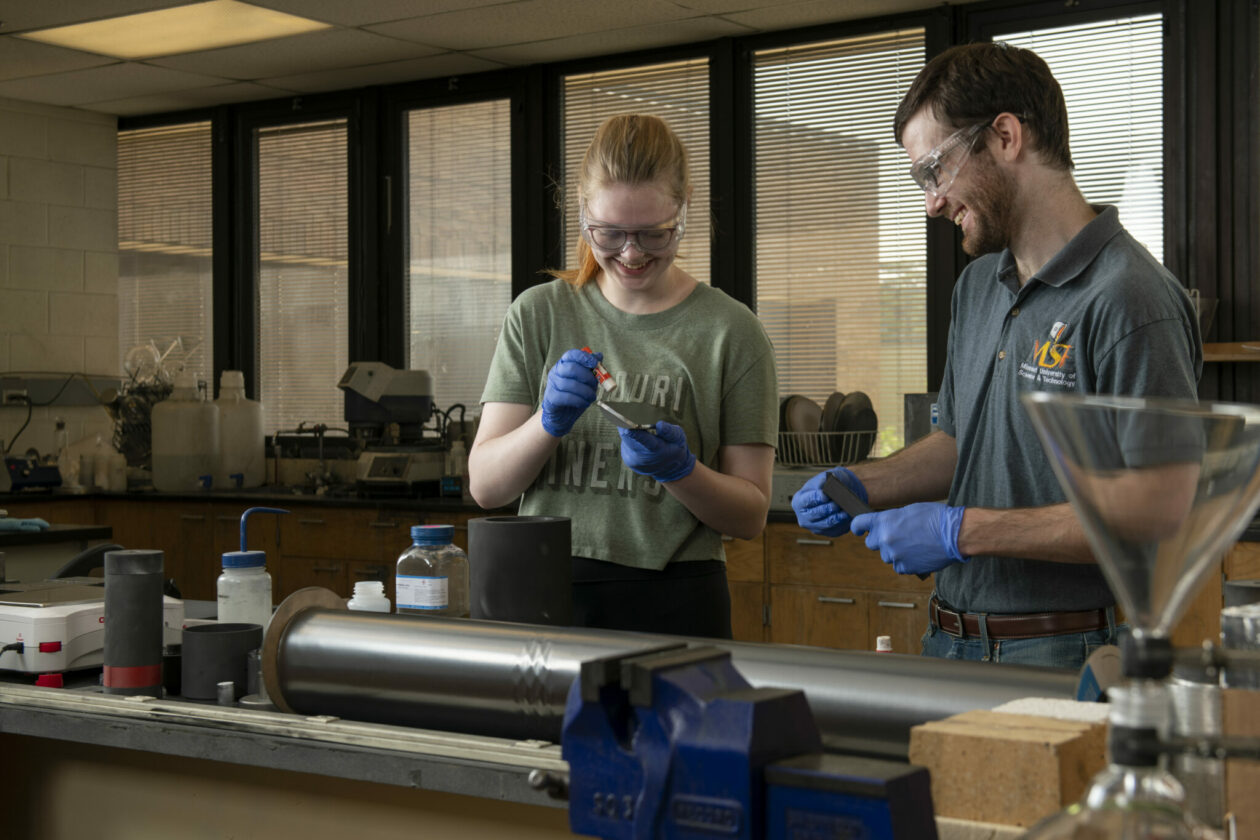Best Books to Read in 2023
Best Books to Read in 2023 Are you a bookworm or a bibliophile, if yes, then this is the ...
Ceramic engineering is a specialized branch of materials engineering that focuses on the development of ceramic materials and their applications for career options after ceramic engineering. It involves the study of the properties, design, and manufacturing of ceramic products, ranging from traditional pottery to advanced ceramics used in industries such as aerospace, electronics, and healthcare.
Important skills for ceramic engineers include a strong understanding of materials science and engineering principles, knowledge of manufacturing processes, problem-solving abilities, and attention to detail. Communication and teamwork skills are also essential for collaborating with colleagues and clients. Graduates in ceramic engineering possess a unique skill set that opens up a variety of career options after ceramic engineering in both traditional and cutting-edge industries.
In research and development, ceramic engineers are responsible for designing experiments, analyzing data, developing new materials and products, and collaborating with other professionals to innovate and improve existing technologies. They may also be involved in writing reports and presenting findings to stakeholders for career options after ceramic engineering.

Read also: Career Options after Automation and Robotics 2024
Graduates can pursue career options after ceramic engineering in research and development, working to develop new ceramic materials, improve existing products, and explore innovative applications. This role often involves collaborating with scientists, engineers, and industry experts to push the boundaries of ceramic technology.
Another option is to work in manufacturing and production facilities, where ceramic engineers oversee the manufacturing process, ensure product quality, and optimize production techniques. They may also be involved in implementing new technologies to improve efficiency and reduce costs.
Quality control is a critical aspect of ceramic engineering, ensuring that products meet industry standards and customer requirements. Professionals in this field are responsible for testing materials, conducting inspections, and analyzing data to maintain high-quality standards.
Graduates can explore opportunities in technical sales and marketing, where they use their knowledge of ceramic materials to promote products, provide technical support to customers, and identify new market opportunities. This role requires excellent communication and interpersonal skills.

Consulting firms often hire ceramic engineers to provide expertise to clients in various industries. Consultants may work on projects related to material selection, process optimization, and product development, offering valuable insights and solutions to complex problems.
For those interested in academia, pursuing a career in teaching and research at universities and research institutions is an option. Ceramic engineers can contribute to the academic community through teaching, conducting research, and mentoring students.
With the right skills and knowledge, ceramic engineers can start their businesses, developing and selling ceramic products or providing consulting services to other businesses. Entrepreneurship offers the opportunity to pursue innovative ideas and create a unique niche in the market.
Some graduates choose to pursue advanced studies, such as a master’s or doctoral degree, to further specialize in a specific area of ceramic engineering or to enhance their career prospects in academia or research. It is last on the list of career options after ceramic engineering.

Ceramic engineering offers a wide range of career options, from research and development to manufacturing, sales, and entrepreneurship. With their expertise in ceramic materials and technology, graduates can make significant contributions to industries such as aerospace, electronics, healthcare, and more. Whether pursuing career options after ceramic engineering in academia, industry, or entrepreneurship, ceramic engineers play a vital role in advancing technology and shaping the future of ceramic materials.
To prepare for career options after ceramic engineering, it is important to pursue a degree in materials science or ceramic engineering from a reputable institution. Gaining practical experience through internships or research projects can also be beneficial. Additionally, staying updated with the latest advancements in the field and developing strong problem-solving and communication skills can help you succeed in this competitive field.
Vani Jha is a creative content writer with over 2 years of experience in producing engaging, informative, and well-researched... (Full bio)

Best Books to Read in 2023 Are you a bookworm or a bibliophile, if yes, then this is the ...

In the exhilarating journey of 10 Proven Memorize Techniques for Students learning, memory is your trusty companion. Whether ...

Top 20 toughest exams in world is about exams in the world that required very hard work to ...

Top 20 toughest exams in India - Exams are the perhaps most toughest moments for any student. A ...

Top 20 Colleges of DU Getting admissions to the top 20 colleges of DU is a dream for every ...

Top 20 NITs of India - Amongst the 31 NITs in India, today, we are talking ...

Here are the Top 12 Artificial Intelligence in Mumbai. Artificial intelligence (AI) refers to the simulation of human ...

As you stand on the Best Science Courses after 12th academic journey, the realm of science beckons, offering ...
Millions of students have entrusted CollegeChalo to facilitate their seamless and smooth admission process to their dream colleges and universities. With CollegeChalo, you can gain a competitive edge by easily accessing exam and course details to stay ahead of the admission journey. What are you waiting for?
Search your dream college